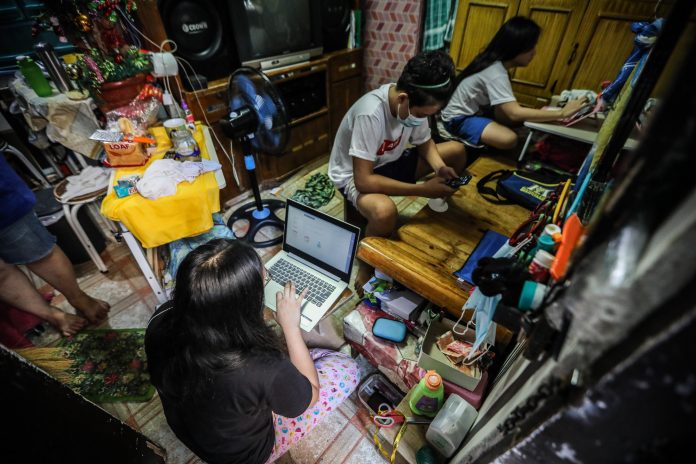The head of the Episcopal Commission on Youth of the Philippine bishops’ conference backed the decision of President Rodrigo Duterte not to allow face-to-face classes during the pandemic.
“Safety, especially of human lives, is a very important and non-negotiable principle,” said Bishop Rex Andrew Alarcon of Daet.
The prelate said “whatever (government) move, if it seeks the safety and well-being of the people, citizens, especially the vulnerable, should be supported.” said Alarcon.
Bishop Alarcon said education, and all other human endeavors, must seek the “safety and well-being of all.”
“Adjustments, resumption of any modality, new interventions must seek the safety of children and the young,” he added.
On Dec. 26, Duterte recalled his earlier decision to allow face-to-face classes in schools in low-risk areas starting January 2021.
The president also warned of a lockdown should COVID-19 cases spike before the country gets its first vaccine in May.
Many countries have shut their borders to flights from the United Kingdom and South Africa following the discovery of more infectious variants of the new coronavirus.
The Department of Education has announced that it is suspending the limited face-to-face classes “until further notice.”
A group of teachers, however, said Duterte’s “knee-jerk response” to recall his order shows how the government remains “in-the-dark” in handling the pandemic.
Raymond Basilio, spokesman of the Alliance of Concerned Teachers, said the president’s decision “exposed how ‘in-the-dark’ and ‘in-limbo’ the Duterte administration still is in terms of handling the pandemic.”
He said the new COVID strain should not further widen the gap in delivering education to students.
“Our demands stand, in the face of the old and new strains of COVID-19: fulfill the requisites for safe, accessible, and quality education to enable learning continuity without sacrificing the people’s welfare and rights,” said Basilio.
The delivery of education in the Philippines shifted to distance learning using learning modules, television, radio, and the internet as media of instruction during the pandemic.









